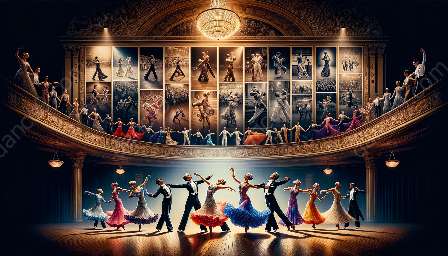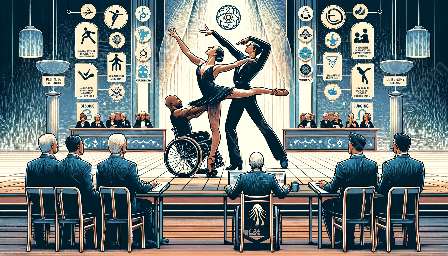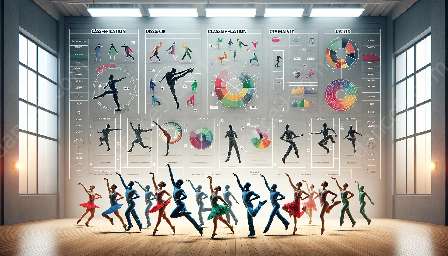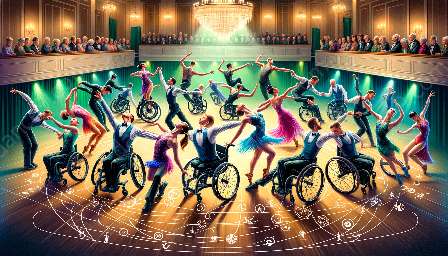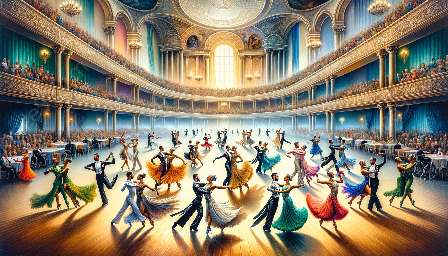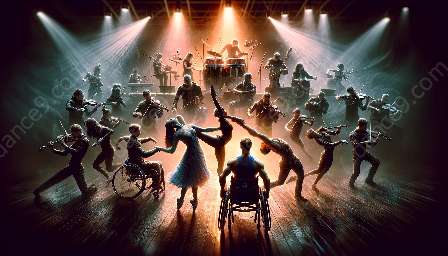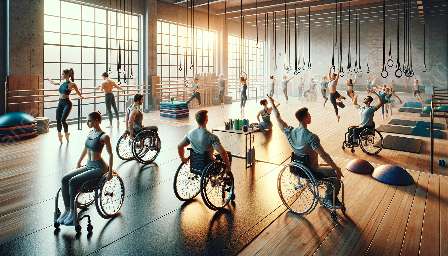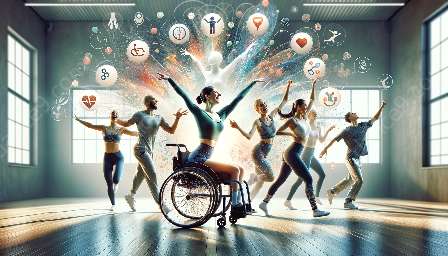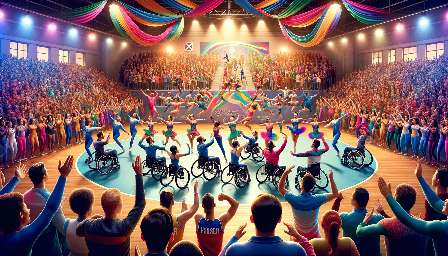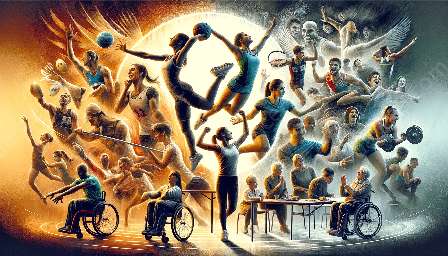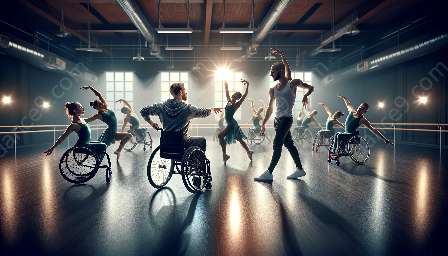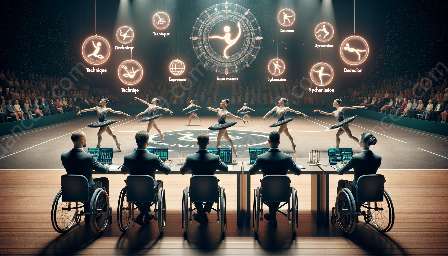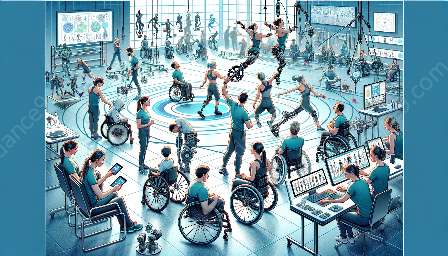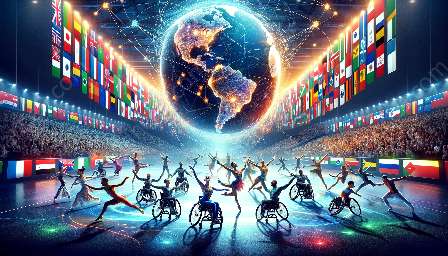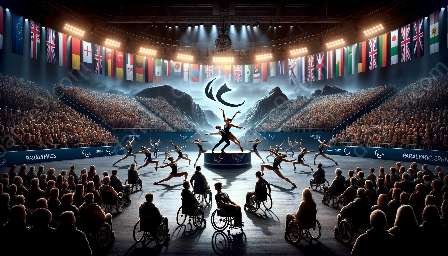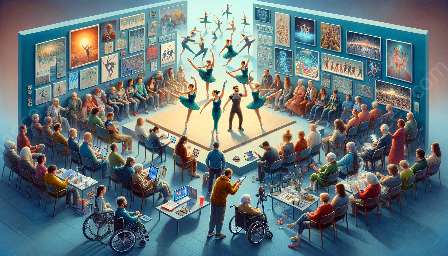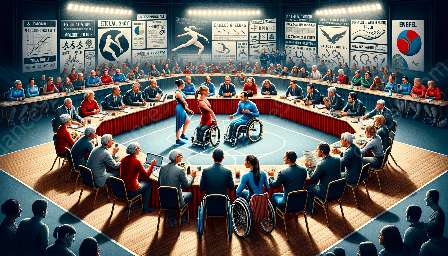Para dance sport, also known as wheelchair dancing and adaptive dance, is a sport that has been gaining recognition and popularity across the globe. It involves dancers with physical disabilities who participate in competitive dance events, showcasing their skills, creativity, and passion for dance. As the interest in para dance sport continues to grow, educational institutions play a crucial role in supporting, promoting, and advocating for the sport on a global scale.
Socio-Cultural Perspectives on Para Dance Sport
From a socio-cultural perspective, para dance sport holds immense significance in promoting inclusivity, diversity, and empowerment. By providing opportunities for individuals with physical disabilities to engage in dance, the sport challenges societal stereotypes and fosters a more inclusive and diverse community. Educational institutions contribute to this perspective by integrating para dance sport into their curriculum, organizing awareness campaigns, and promoting the cultural and social benefits of the sport.
World Para Dance Sport Championships
The World Para Dance Sport Championships serve as a pinnacle of excellence and inclusivity in the para dance sport community. This global event brings together athletes, coaches, and supporters from around the world to celebrate the athleticism, artistry, and determination of para dancers. Educational institutions participate in and advocate for the World Para Dance Sport Championships by providing financial support, organizing training programs for athletes, and conducting research to enhance the development of para dance sport at both competitive and grassroots levels.
Educational Institutions' Role in Advocating for Para Dance Sport
Educational institutions play a critical role in advocating for para dance sport through various initiatives and partnerships. These may include:
- Curriculum Integration: Incorporating para dance sport into physical education and arts programs to increase awareness and participation.
- Research and Development: Conducting research to understand the impact of para dance sport on physical and mental well-being, as well as developing innovative training methods and equipment.
- Community Engagement: Collaborating with local and national para dance sport organizations to host workshops, seminars, and events that promote awareness and inclusivity.
- Advocacy and Policy Development: Working with government bodies and sports organizations to advocate for the recognition and inclusion of para dance sport in official sporting events and competitions.
- Training and Education: Offering specialized training programs for coaches, instructors, and volunteers to ensure the highest level of support and instruction for para dancers.
- International Partnerships: Establishing partnerships with international institutions and organizations to exchange knowledge, best practices, and resources for the advancement of para dance sport globally.
Benefits of Educational Institutions' Support
The support and advocacy of educational institutions are instrumental in fostering the growth and sustainability of para dance sport on a global scale. By embracing and promoting para dance sport, educational institutions contribute to:
- Inclusivity and Diversity: Creating a more inclusive environment for individuals with physical disabilities and promoting diversity in the sports community.
- Empowerment and Self-Expression: Providing a platform for para dancers to express themselves, build confidence, and showcase their talents.
- Research and Innovation: Encouraging the development of innovative techniques, technologies, and training methodologies that benefit both para dancers and the broader dance community.
- Social Impact: Inspiring societal change by challenging stereotypes, breaking down barriers, and promoting equality, respect, and understanding for individuals with physical disabilities.
- Global Collaboration: Facilitating international collaboration and exchange of knowledge, experiences, and best practices in para dance sport, leading to advancements in the sport and increased opportunities for athletes worldwide.
In conclusion, the support and advocacy of educational institutions are pivotal in advancing para dance sport on a global scale. By embracing the socio-cultural significance of the sport, participating in the World Para Dance Sport Championships, and engaging in various initiatives, educational institutions actively contribute to the growth, visibility, and acceptance of para dance sport in the global sporting landscape.

